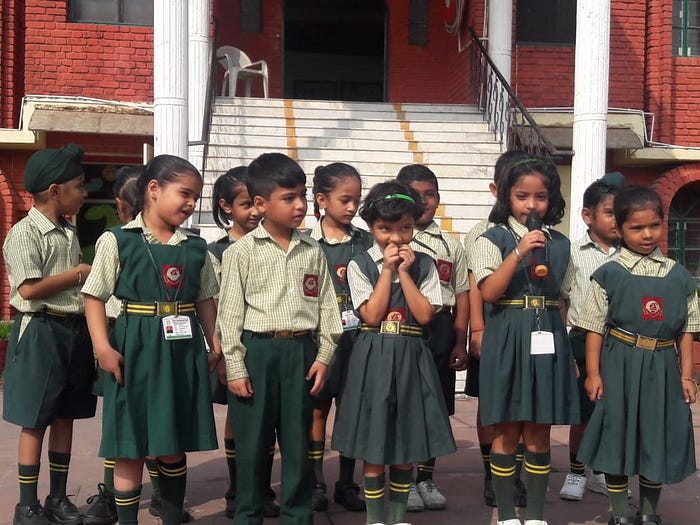
Choosing the right junior school for your child is a crucial decision that can shape their academic and personal development. Junior school is often the foundation upon which a child’s educational journey is built, and it’s essential to select an institution that aligns with your values, priorities, and your child’s unique needs.
In this article, we’ll explore the key features to consider when evaluating the best junior schools.
Curriculum and Academic Excellence
A strong academic curriculum is the cornerstone of a quality junior school education. Look for schools that offer a well-rounded and challenging curriculum that encourage critical thinking, problem-solving skills, and a love for learning. The curriculum should not only cover core subjects like mathematics, language arts, and sciences but also incorporate extracurricular activities, arts, and physical education.
Qualified and Experienced Teachers
The quality of teachers is paramount in shaping a child’s learning experience. Seek out junior schools that employ highly qualified and experienced educators who are passionate about their craft. Effective teachers should not only possess subject matter expertise but also have the ability to engage students, adapt to different learning styles, and create a nurturing and stimulating classroom environment.
Small Class Sizes
Smaller class sizes allow for more individualized attention and better student-teacher interactions. In a smaller class setting, teachers can better monitor each student’s progress, provide personalized support, and address any learning difficulties promptly. This personalized approach can significantly enhance a child’s academic growth and overall learning experience.
Extracurricular Activities
Beyond academics, the best junior school offer a diverse range of extracurricular activities and enrichment programs. These activities can include sports, music, art, drama, and various clubs and organizations. Extracurricular activities not only foster well-rounded development but also provide opportunities for children to explore their interests, develop social skills, and build self-confidence.
Facilities and Resources
Modern and well-equipped facilities can greatly enhance the learning experience. Look for junior schools that have good classrooms, libraries, computer labs, science laboratories, and recreational areas. These resources can support hands-on learning, foster creativity, and provide a conducive environment for intellectual and physical growth.
School Culture and Community
The school culture and community play a significant role in a child’s overall development. Evaluate the school’s values, traditions, and the sense of community it fosters. A positive and inclusive school culture can promote respect, empathy, and a strong sense of belonging among students, staff, and families.
Conclusion
Choosing the right junior school is a decision that requires careful consideration and research. By evaluating factors such as curriculum, teacher quality, class sizes, extracurricular activities, facilities, and school culture, parents can make an informed choice that aligns with their child’s needs and aspirations.
One best junior school in Dehradun that stand for many of these key features is The Presidency International School. This prestigious school offers a comprehensive and challenging curriculum, highly qualified educators, small class sizes, and a wide range of extracurricular activities and enrichment programs. The Presidency International School is committed to providing an exceptional educational experience for its students.
Ultimately, the best junior school in Dehradun is one that nurtures a child’s intellectual, social, and emotional growth, instilling a love for learning and preparing them for future academic and personal success.


.jpg)

No comments:
Post a Comment